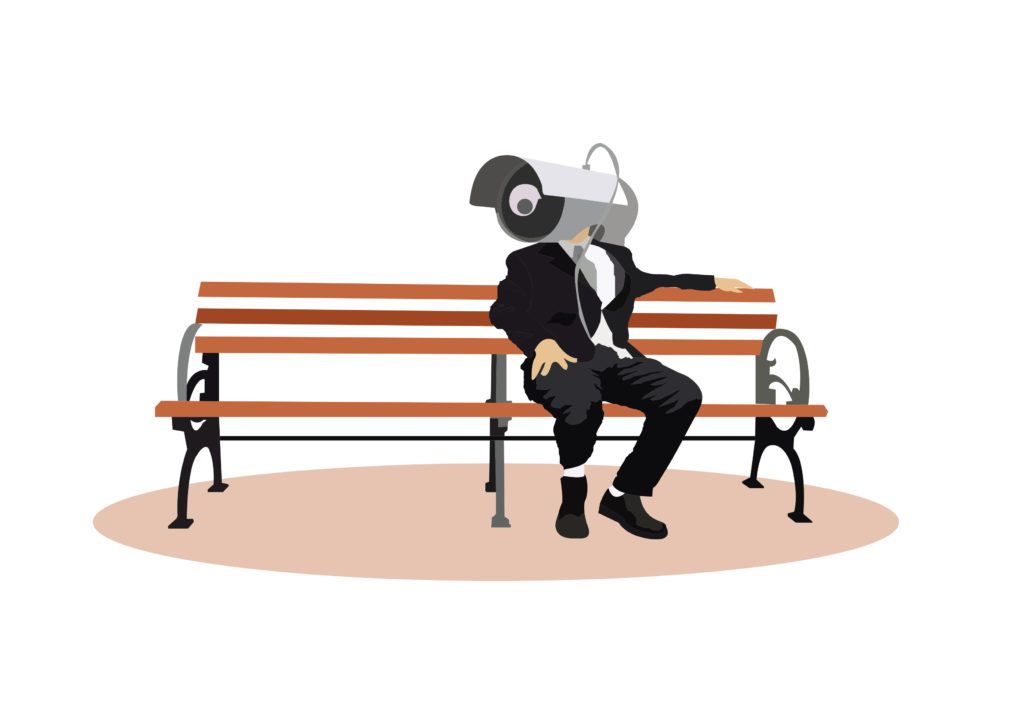We talk, chit-chat, babble, chatter and prattle. We use our voice to voluntarily express views, to exchange information, to signal changes in preferences, and to give or take advice. Thus, the role of voice in decision making, is universal, and it is this communication in the backdrop of heterogeneity, that gives rise to debate. Voice is to politics, what choice is to economics; and at the very heart of a democracy and its institutions, lies the extent to which citizens …
On VoiceRead More »
Interested in non-clickbait content? Become a member today.
You'll get access to:
- All content
- Comic Books
- Personalized cartoons
- Member credits in our videos and much more!
Become a member
Already a member? Log In
